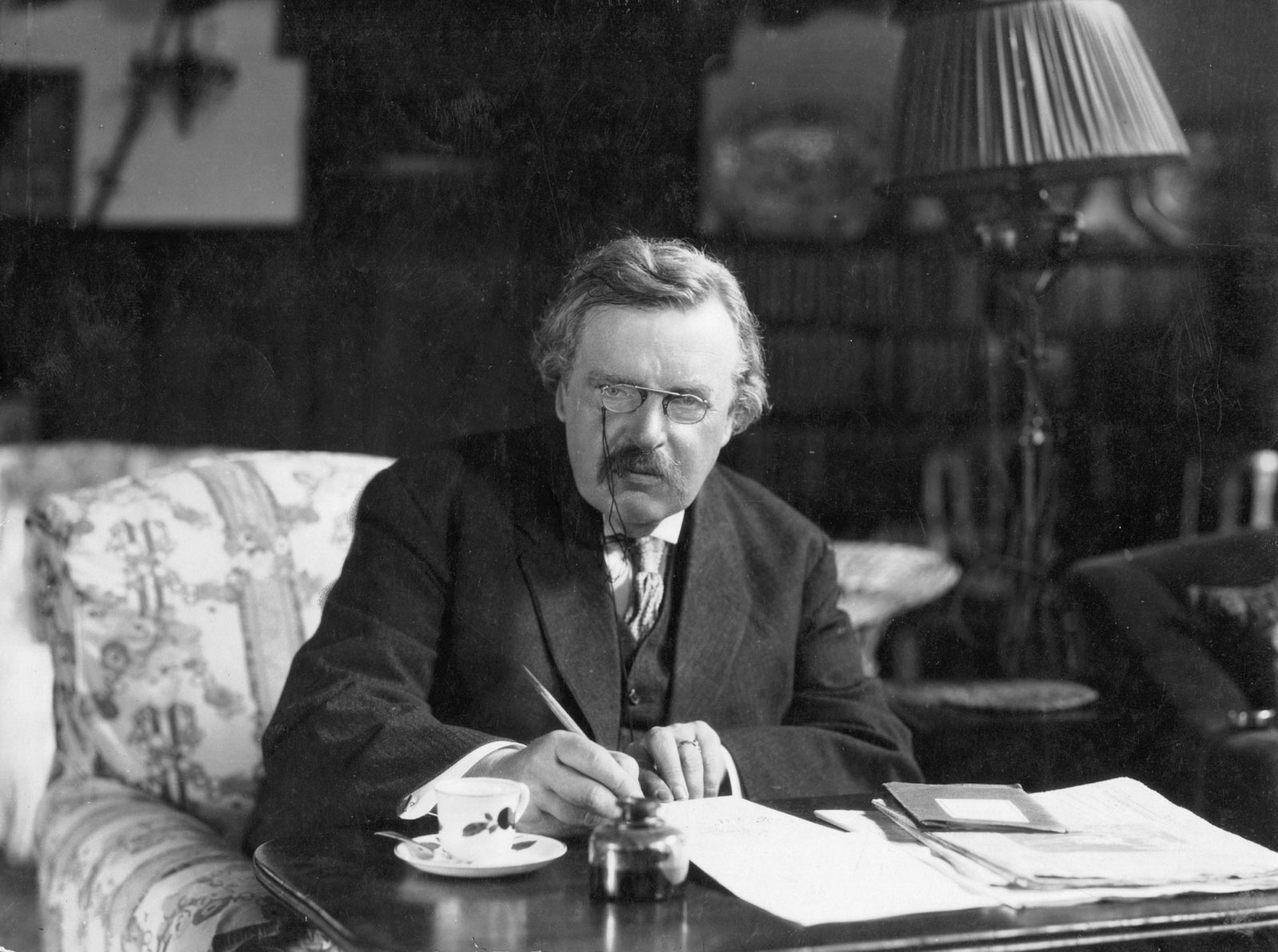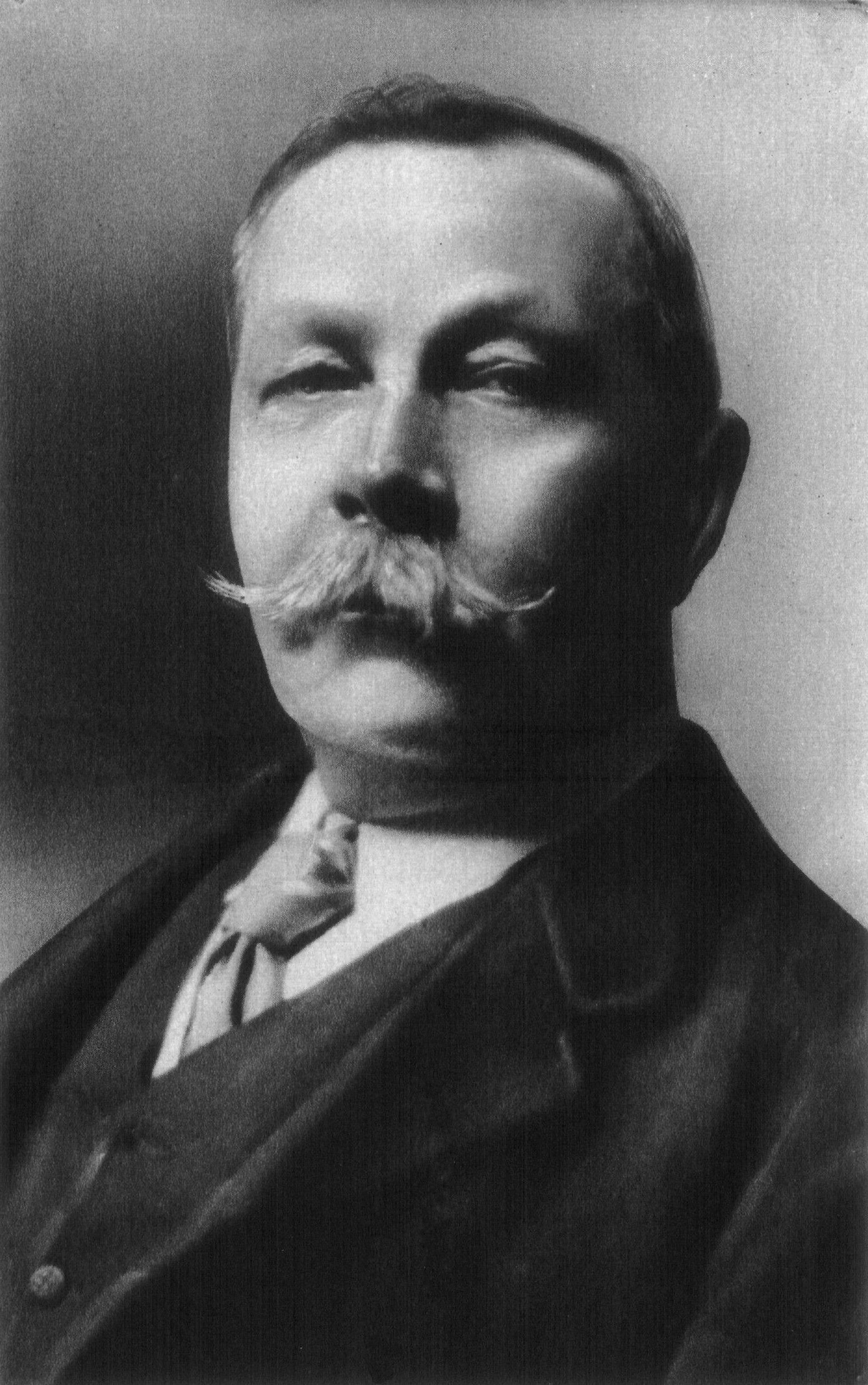Gene Wolfe passed away today. There are plenty of writers who knew him personally and will memorialize him beautifully. I’m just one reader who didn’t discover him until well into adulthood.
In a way, I consider myself lucky. I have almost his entire literary opus at my feet, stretching out to the horizon before me. I can count on one hand the stories of Gene Wolfe I’ve read so far: “Memorare,” The Fifth Head of Cerberus (twice), “The Friendship Light,” and The Knight. I’ve just started The Wizard. I’ve also read a few interviews and essays here and there.
I have yet to be anything but wildly impressed by it all. When I recently finished The Knight, it was in the grips of a physical exhilaration I have not felt from a book since first reading Tolkien as a boy. The Fifth Head of Cerberus needs no praise from me, but I already know I’ll be reading it yet again. “The Friendship Light” terrified me. “Memorare” I’ll be rereading tomorrow because it seems an appropriate way to honor his memory. Then back to The Wizard.
You know that feeling you have when you’ve finished the last page of a great book, or the last book of a great author, and you recall in a flush of nostalgia how it was when you first set out on that particular reading journey? There’s nothing quite like reading great books for the first time, discovering their wonder for yourself, knowing in the back of your mind what the moment is. That’s where I stand with Gene Wolfe as a reader right now. It’s not a bad place to be.
I never met Gene Wolfe, but I did get to meet his longtime editor once, the late David Hartwell. It was at Readercon a few years back, where I was lucky enough to score a seat at a kaffeeklatsch with Mr. Hartwell. I knew he was a big-time, venerable editor at Tor Books, but I did not realize at the time that he was Gene Wolfe’s editor–that he had been responsible for bringing Gene Wolfe’s great works to the world.
Well, in the course of the conversation, Mr. Hartwell mentioned that he knew one editor who didn’t believe anyone really enjoyed reading Gene Wolfe; people just liked to show off and act like they did. I had read one, maybe two Gene Wolfe stories at that point, and I had enjoyed them. So I asked David Hartwell, “Do you enjoy Gene Wolfe?”
He paused, nodded, and said matter-of-factly, “I do,” and moved on with his stories and sage advice.
You don’t know what you don’t know, and I didn’t know to be embarrassed by my question until I discovered sometime later that I had in fact asked Gene Wolfe’s editor if he enjoyed reading Gene Wolfe.
Whoops!
As for Gene Wolfe, he enjoyed Tolkien, so it seems fitting to end with some words from the latter:
Before him stood the Tree, his Tree, finished. If you could say that of a Tree that was alive, its leaves opening, its branches growing and bending in the wind that Niggle had so often felt or guessed, and had so often failed to catch. He gazed at the Tree, and slowly he lifted his arms and opened them wide.
“It’s a gift!” he said.
J.R.R. Tolkien, “Leaf by Niggle
Gene Wolfe was a gift. David Hartwell enjoyed Gene Wolfe. Lots of other people, it would seem, enjoy him too.
Here’s to the many words of Mr. Wolfe that I look forward to enjoying still.












